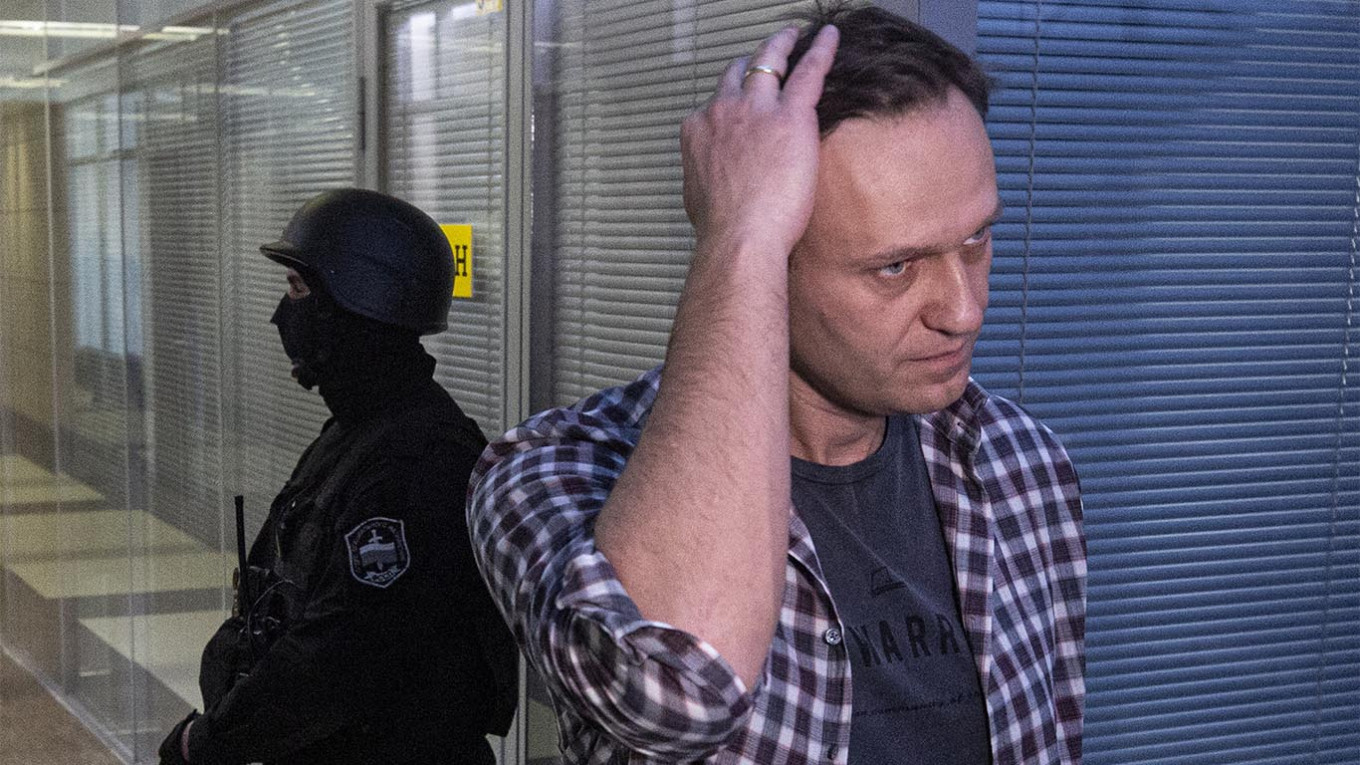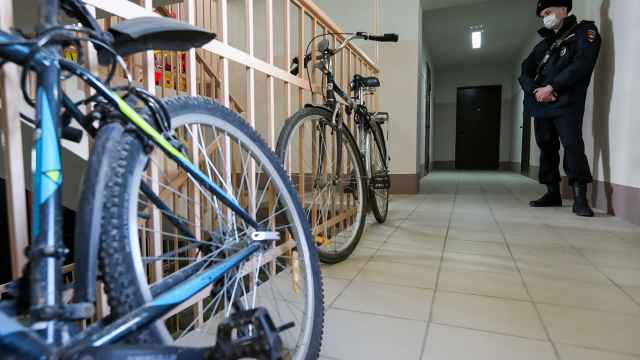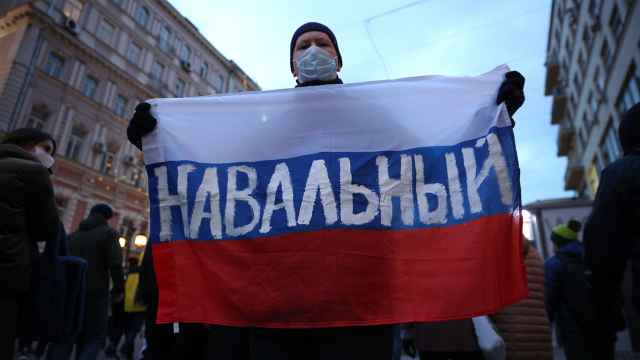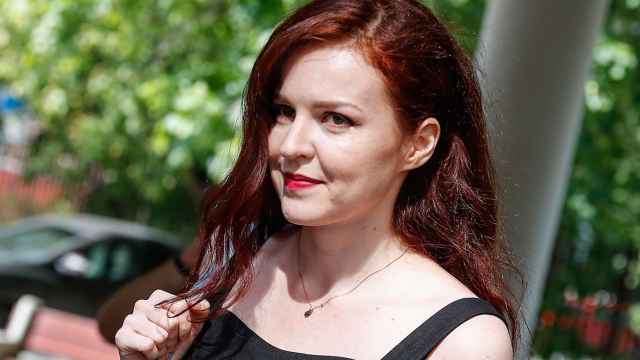Jailed Kremlin critic Alexei Navalny has been transferred with a high fever to a medical unit for observation, the pro-Kremlin Izvestia daily reported Monday, citing prison authorities.
The report, citing the regional branch of Russia’s Federal Prison Service that oversees Navalny’s prison colony, came hours after he said in an Instagram post that he has a strong cough and a temperature of 38.1 degrees Celsius.
“The convict was transferred to the medical and sanitary unit where he is under medical workers’ supervision,” Izvestia quoted the prison service as saying.
Izvestia noted that Navalny — who says he hasn’t stopped his hunger strike to demand medical treatment that he launched last week — exhibited “signs of a respiratory problem, notably a high fever.” All needed tests were carried out, including a coronavirus test, the paper said.
“The institution is carrying out planned sanitary and anti-epidemic measures, disinfections of all facilities ... and ventilation,” the prison service was quoted as saying.
The prison service also denied Navalny's claims of a tuberculosis outbreak at the prison colony, saying his entire unit would have had to be quarantined if any individuals contracted the illness.
The opposition politician is serving a 2.5-year sentence in a penal colony in the Vladimir region town of Pokrov some 100 kilometers east of Moscow. Penal Colony No. 2 is known for its harsh conditions and has been described as one of Russia's worst prisons.
Navalny was arrested on his return to Russia in January after spending months in Germany recovering from a near-fatal poisoning that he blames on the Kremlin. He was found guilty the next month of violating parole in an old suspended sentence while recovering abroad, a verdict his supporters say was politically motivated.
He announced a hunger strike last week to demand proper treatment for weeks of severe back pain and numbness in one of his legs that he says may be the result of a pinched nerve.
Navalny’s lawyer Olga Mikhailova said late Monday that she had learned about his transfer from the Izvestia report.
“As I understand it, [the medical unit] is located in a room with one paramedic. There are no doctors in the [penal] colony and all medical care there is provided by the paramedic working in this medical and sanitary unit,” she said.
“Will they invite any doctor there? I don’t know, it’s all in the hands of the prison service,” she told the independent Dozhd broadcaster.
The Alliance of Doctors medical trade union said it would organize a protest outside the penal colony on Tuesday to demand that Navalny receive adequate medical treatment. Local media posted photographs of traffic police patrolling the entrance to the correctional facility on the eve of the anticipated protests.
Amnesty International Secretary General Agnes Callamard on Tuesday accused Russia of subjecting Navalny “to a slow death.” She added that she wrote to President Vladimir Putin to demand that Navalny get immediate access to a doctor and to seek his release.
AFP contributed reporting.
A Message from The Moscow Times:
Dear readers,
We are facing unprecedented challenges. Russia's Prosecutor General's Office has designated The Moscow Times as an "undesirable" organization, criminalizing our work and putting our staff at risk of prosecution. This follows our earlier unjust labeling as a "foreign agent."
These actions are direct attempts to silence independent journalism in Russia. The authorities claim our work "discredits the decisions of the Russian leadership." We see things differently: we strive to provide accurate, unbiased reporting on Russia.
We, the journalists of The Moscow Times, refuse to be silenced. But to continue our work, we need your help.
Your support, no matter how small, makes a world of difference. If you can, please support us monthly starting from just $2. It's quick to set up, and every contribution makes a significant impact.
By supporting The Moscow Times, you're defending open, independent journalism in the face of repression. Thank you for standing with us.
Remind me later.






